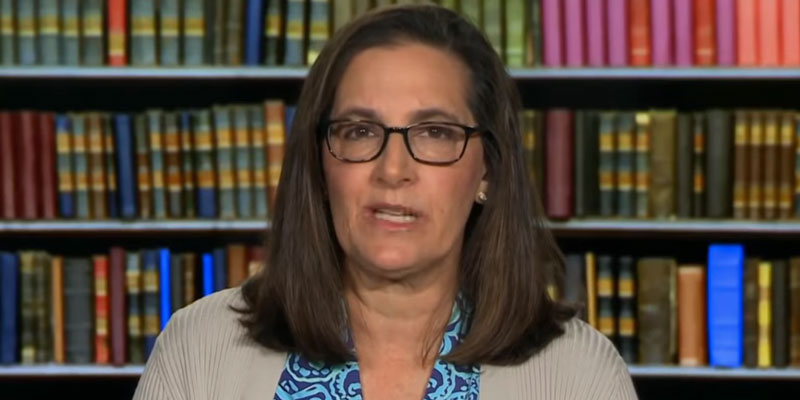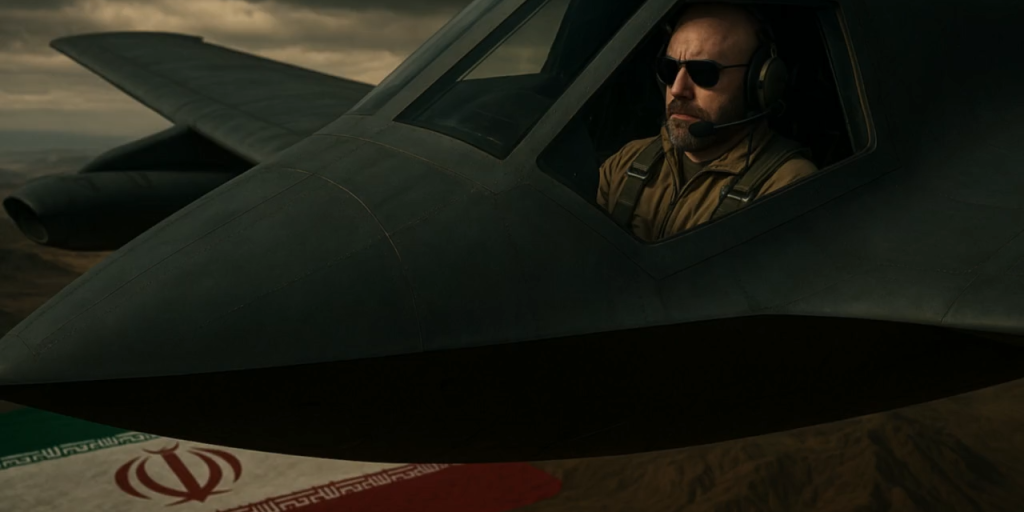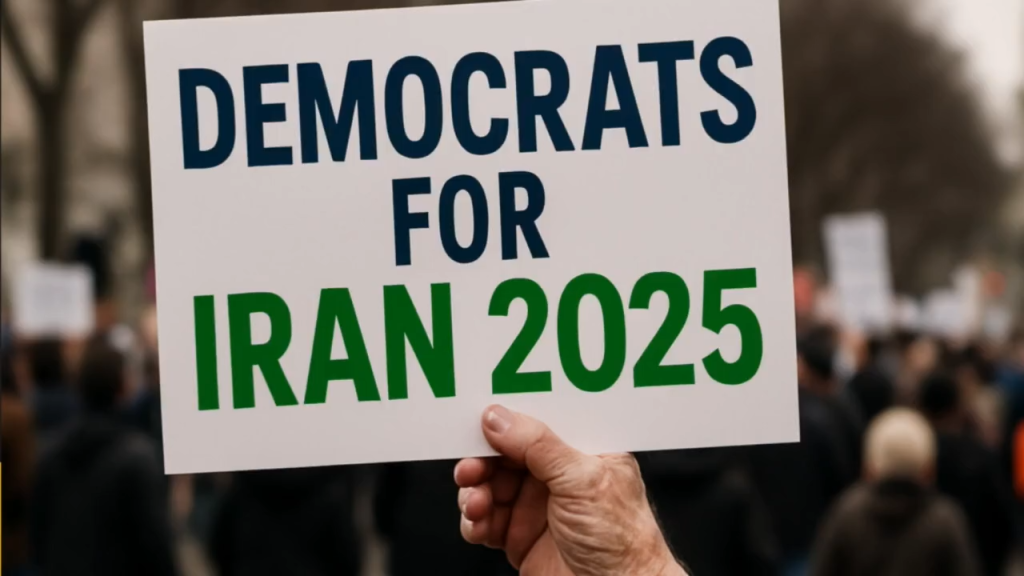Listen to the 10 min audio
Read the transcript:
TOM LAMPRECHT: Harry, last week, we talked about the opening of the new embassy in Jerusalem by the United States. Guatemala, later in the week, also moved their embassy from Tel-Aviv to Jerusalem.
Harry, in the aftermath of what happened on that day, there were, as we talked about, a number of Palestinians that were trying to breech the security border fence in Israel and they were pushed back by Israeli soldiers. A number of Palestinians were killed.
Later last week, we found that, indeed, while there were a number of Palestinians protesting, they were infiltrated by a number of terrorists and, in fact, there’s video evidence that Hamas was paying children to be involved in that group and some of those children lost their lives.
WHY VISIT THE HOLY LAND?
DR. REEDER: Tom, I’m going to be over there while this program is airing. People ask me, “Why do you go there?” It’s a principle I’ve learned in my own life and I use it in teaching others: If you can get direct access to the environment to where things occur, you pull in all of your senses when it comes time to learn and that enhances your learning — you get insight while you’re on-site.
As we are spending the time there, we’ll go to the various places. I have a wonderful guide that goes before us and checks all the logistics and then makes her statements about the area. She’s very knowledgeable and then she steps back. And then I start going into connecting the dots — Old Testament, New Testament, what happened here, why’d it happen here — and the providence of God.
SITES OF JESUS’ MINISTRY CAN BRING THE BIBLE TO LIFE
I take people to the city of Naan — that’s where Jesus raised the boy who was being carried out of the city. I actually have found the place where that occurred and, not long after that, interestingly, an archaeological team working from the United States working in Israel found that the gates of the city were actually right there. And the way I found it is I found the ruins of an old church that used to be there, knowing that, early on, they would build churches on sites where certain things had occurred. That’s how I found it and then archeology, there was a big article on this in Biblical Archeological Review, they begin to dig and, sure enough, they found out that here’s where the gates of Naan were.
Now, there’s a lot of reasons to weep when your only son died if you’re a widow. In the surrounding societies, widows lost their legitimacy of existence when their husband died. What could preserve them is their children, in general, but the firstborn male, in particular.
Therefore, with her husband gone and her child gone, if she actually had been in another country, many of them, they just put them out and let them die or even, in some cases, put them to death because such women were considered as a burden upon society and no longer a productive member of society.
In Israel, that was not the case because the Lord had embedded the dignity of women into the ceremonial laws, in general, and the Law of God, in particular: “Honor your father and your mother.” “Do not commit adultery” — the sanctity of marriage and, therefore, the wife’s position in a marriage, that a wife was not just property.
He raises the boy and she’s got a lot of reason for joy and the people are amazed and they say, “He’s a prophet.” What a lot of people don’t realize is that there was a great prophet by the name of Elisha and that is the very area where he ministered. He, of course, raised a widow’s son as an affirmation that he had followed Elijah, who raises a widow’s son.
And, right there in that very area, they would be fully aware of that, very sensitive to that story and, when Jesus comes in and raises up the widow’s son in that same area, no wonder they cry out, “This is the prophet of whom we have waited.” What you can see is the amazing connecting of dots of all that takes place in this rather small country, about the size of New Jersey.
WHY IS ISRAEL SO CONTROVERSIAL?
TOM LAMPRECHT: And, Harry, as we look at Israel and the miracles that took place — some of the stories that you just shared with us just now, yet today it seems to be somewhat of a powder keg ready to go off at any moment. Harry, is that coincidental or is there a spiritual implication there?
DR. REEDER: We’re constantly amazed at how accurate the Bible is, both what it has recorded as history and then what it prophesies as history. Prophecy in the Bible is pre-written history and God has already told us of these conflicts that are going to be there, the conflicts that are going to exist throughout the world, and the particular conflicts that are going to be there in terms of the enmity of the nations.
Now we should, as believers, always pray for the peace of Jerusalem, we should always promote peace in the area and we need to deal justly with all sides in the conflict that is there. And you need to remember that you have brothers and sisters who are Jewish, who are in Christ and know the Lord, and you have brothers and sisters who are Palestinian who are in Christ and know the Lord. Therefore, we’re always laboring for that peace in the area.
However, Tom, while I’m there, I hope to let people see their Bible come alive and then, when we get back, I get people writing me all the time, “Can I tell you what that means? My Bible now is so alive when I read it because I was right there,” –getting insight while you’re on-site.
One of the places that the people will go is the Golan Heights and, when we go there, we’ll be looking over into Syria. Not only is there tension on the southern border of Hamas and Egypt and the Gaza, but there’s also, as you know, quite a bit of tension with Syria because Syria has become a proxy for Iran and Iran has already attempted some incursions. We’ll be taking a look from the observation post that they allow you to look from.
IT IS IMPORTANT TO SHARE THE GOSPEL
While we’re there, we’re going to share Christ with people and we’re going to pray for Israel. Let me just also say, Tom, that 30 years ago, it was less than 1 percent of Jewish people confessed Christ as Lord and Savior. It is now believed that they’re rising up to 5 percent. Now, that doesn’t sound like much, but that is an extensive multiplication.
There’s also some evidence within the military of an underground movement of the Gospel taking place in the Israeli country and there have been a number of churches that have been able to secure some freedoms that Christian churches have not enjoyed in the past but now do enjoy, which then has opened up other doors in ministry as well.
When I pray for the peace of Jerusalem, I not only pray, certainly, for the peace among the nations and the ethnicities, but I also want to pray very specifically for the Gospel of Peace so that men and women can be right with God through the redeeming work of Jesus Christ, filled with the Spirit of God.
When you’re filled with the Spirit of God, then you have the fruit of the Spirit — love, and joy, and peace, and patience, and kindness, and goodness and faithfulness, and gentleness and self-control — and then pray that the Gospel of saving grace in Christ that brings men and women at peace with God would promote their peace with one another and then, in fact, reach out in peace, certainly not to the detriment of the security of the nation, but in order to promote the security of the nation.
And I do pray that, somehow in some way, God uses our country here, America, as a part of both of those desires that I pray for. One part is that America will have believers who are praying for and sending those who can share the Gospel throughout the land of Israel. And, secondly, that the leadership of our nation might be able to assist in some way to bring a political, and national and ethnic peace among the peoples that are there but, all the while, seeing that movement of the Gospel of peace of Jesus Christ and the redemptive work of Christ bringing the true shalom — shalom, that wonderful word of peace.
COMING UP TOMORROW: OUR GOVERNMENT BRANCHES IN JEOPARDY?
TOM LAMPRECHT: Harry, on tomorrow’s edition of Today in Perspective, I want to take you to a report that was released by the New York Times last week which ought to be somewhat concerning for all of us. It really describes how the separation of the three branches of our government are starting to erode.
DR. REEDER: Not only is it the law that is king in America — not any individual or any one branch of government — but how that wisdom needs to be embraced once again.
Dr. Harry L. Reeder III is the Senior Pastor of Briarwood Presbyterian Church in Birmingham.
This podcast was transcribed by Jessica Havin, editorial assistant for Yellowhammer News, who has transcribed some of the top podcasts in the country and whose work has been featured in a New York Times Bestseller.
Podcast: Play in new window | Download
Subscribe: RSS












